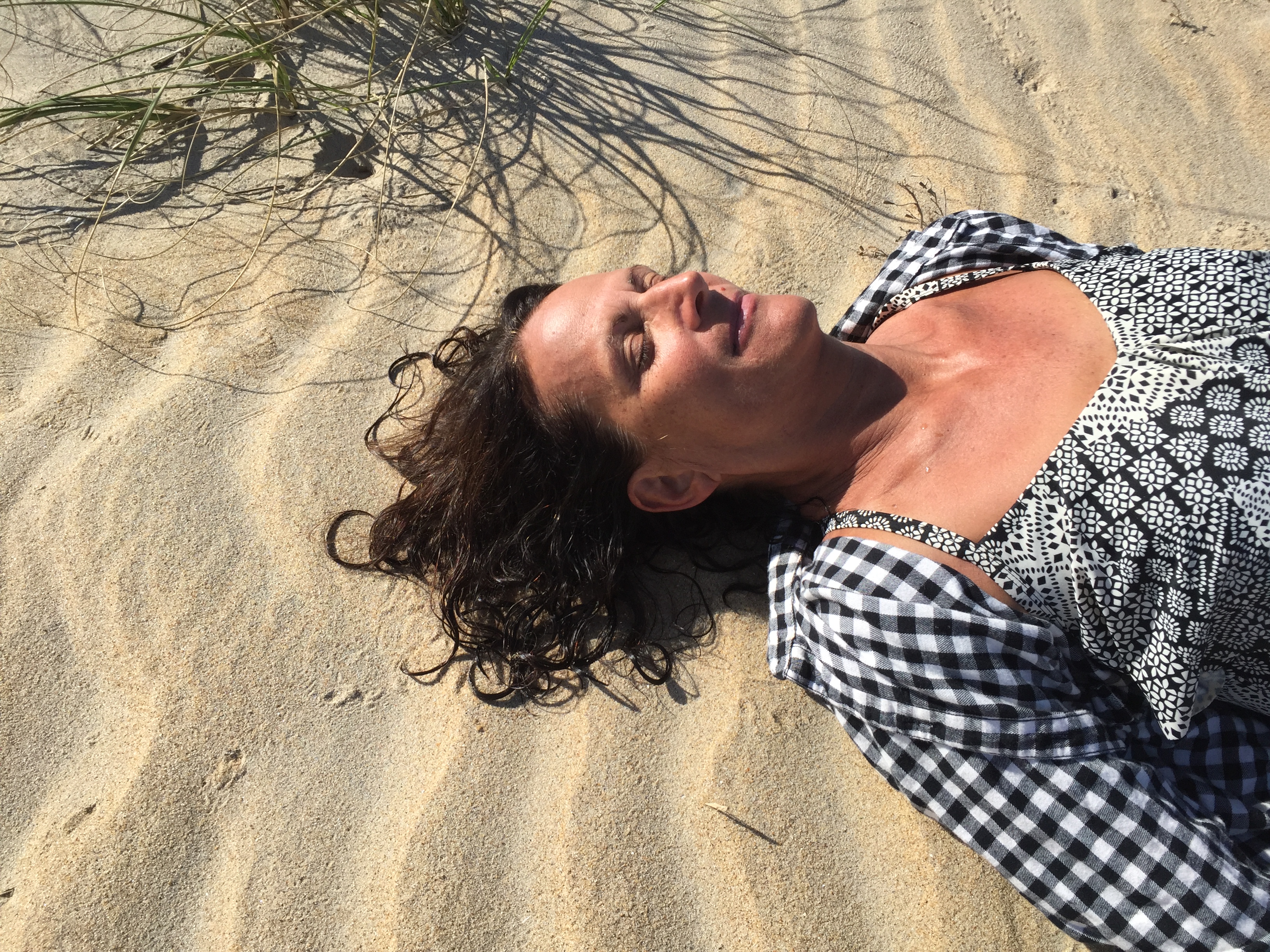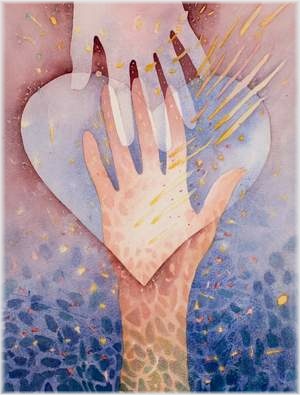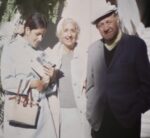What is Resilience?
It has been called the great puzzle of human nature.
Is it something some people have and others do not? Is it something you can learn? Some research on resilience talks about genetics and a predisposition towards resilience. Here are diagrams of a seesaw with a fulcrum to illustrate this. Your life experiences and genetic predispositions sets this fulcrum to make your seesaw go up or down more easily. Adverse childhood experiences make moving the fulcrum more challenging. It can even make resilience out of reach for some people.
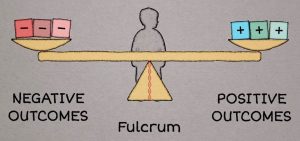
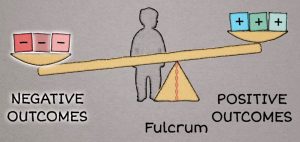
However, it is people who have had the most adverse life experiences and somehow have overcome them that inspire us the most. Who are these people and what did they do? The answer to these questions can help us understand resilience.
Resilient people possess three characteristics: a staunch acceptance of reality; a deep belief that life is meaningful; and an uncanny ability to improvise. You can bounce back from hardship with just one or two of these qualities, but you will only be truly resilient with all three.
Viktor Frankl was preoccupied with survivorship/resilience during his dehumanizing, life threatening experiences in concentration camps in Nazi Germany. He later traced the roots of his resilience to a sense of purpose and the acquisition of meaning. He then expanded meaning into three dimensions: purpose, mastery and autonomy. He wrote about in his famous book, “Man’s Search For Meaning”.
Other core characteristics of resilient people include the ability to form strong attachments to others and the possession of an inner psychological space that protects them from intrusion or abuse.
“More than education, more than experience, more than training, a person’s level of resilience will determine who succeeds and who fails. That’s true in the cancer ward, it’s true in the Olympics, and it’s true in the boardroom,” says Dean Becker, the president and CEO of Adaptiv Learning Systems, quoting from Diane Coutu in her Harvard Review Article, “How Resilience Works.”
So how can we train ourselves to become more resilient?…

